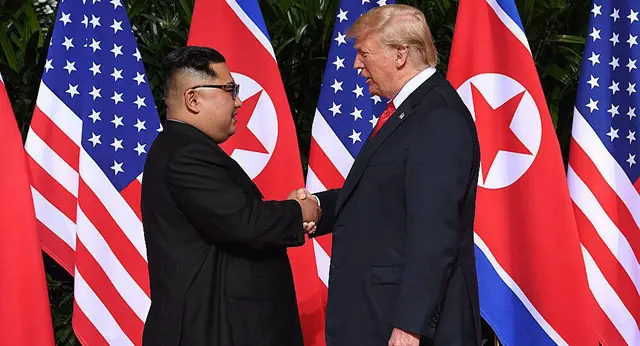The South African government will continue to pursue a counter-cyclical fiscal policy where the government saves during good times and spends to stabilize the economy during downturns, Deputy President Cyril Ramaphosa said on Thursday.
This is one of the aims of the government to radically transform the South African economy, which will be "qualitatively different," Ramaphosa said at the South African Reserve Bank Leadership Conference in Muldersdrift outside Johannesburg.
"We seek a fiscal policy that gradually shifts spending from consumption towards investment," he said.
The government, Ramaphosa said, sees a greater role for development finance institutions in supporting investment in infrastructure, agriculture, small business development, black economic empowerment and industrialization.
Banks will be encouraged to broaden access to financial services to enable people to build up their assets and to help small businesses to emerge and grow, said Ramaphosa.
Measures will be introduced to address poor lending practices and excessive charges in some parts of the financial sector, and make the financial sector more inclusive and accessible, he added.
While South Africa is much affected by global conditions, the key challenges to economic growth in the country are domestic, Ramaphosa noted.
The economy contracted by 0.6 percent in the first quarter of the year, and barely grew 0.6 percent in the second quarter, as mining and manufacturing production fell sharply and growth in other sectors remained modest.
Supply side disruptions have plagued the domestic economy over the last couple of years, weakening confidence and reducing the level of investment and household consumption.
Concerns about the reliability of electricity supply, strike action, infrastructure blockages and poor service delivery all negatively impact on economic growth and job creation, according to Ramaphosa.
These are exacerbated by longer term structural issues such as low skills levels, widespread poverty and spatial segregation, he said.
Despite these challenges, the government seeks an economy that grows at no less than five percent a year, an economy with a higher share of investment, lower consumption and higher employment, with better export competitiveness and where the fruits of progress are shared more equitably, Ramaphosa said.
Economic transformation and inclusive growth will not result from a single intervention, but from a range of mutually supporting initiatives, he said.
"In many cases, this does not require new strategies, but better implementation of existing ones," said Ramaphosa.
 简体中文
简体中文





